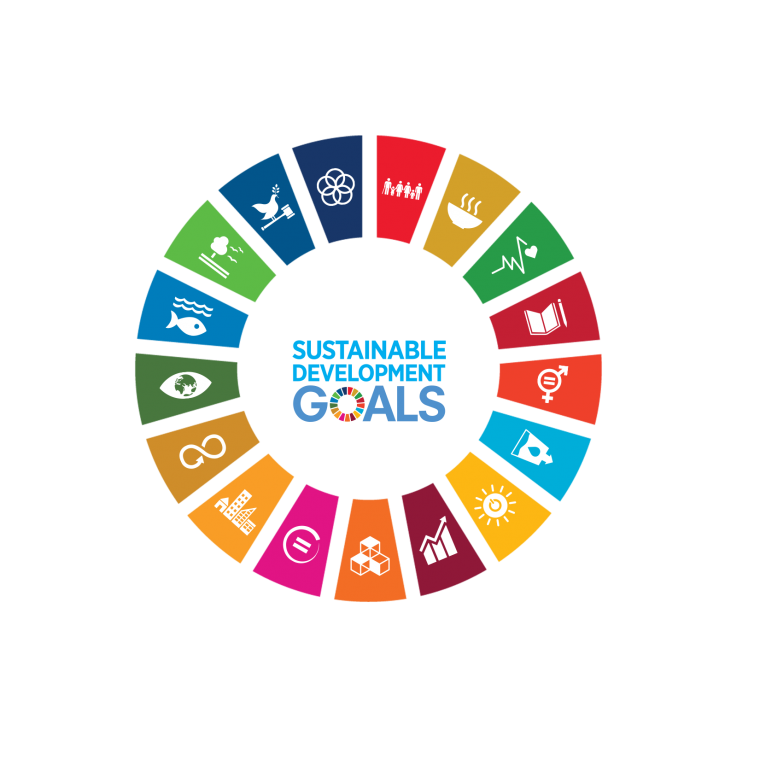Sustainability
Sustainability is key to who we are and everything we do.
Deep sea mining of minerals and rare earth elements key to the green shift is our solution to the huge environmental and social costs involved in onshore mining today, while enabling electrification and digitization in a sustainable manner.
Where should metals come from?
The onshore mining industry is mired in a self-reinforcing spiral of ever increasing environmental footprint to extract the marginal tonne of mineral, as ore grades decline, deforestation increases and waste per tonne ore mushrooms. This development can hardly go on much longer. A study by Paulikas et al published earlier this year concluded that offshore mining of nodules would reduce the environmental footprint by more than 90%.
Side-by-side comparison offshore vs onshore mining
(impact of minerals to 1 bn electric cars)
ONSHORE OFFSHORE % CHANGE
CO2 EQUIVALENT EMISSIONS, Gt 1,5 0,4 -70%
ORE USE, Gt 25 6 -75%
DEFORESTATION, km2 66,000 5,200 -92%
SOLID WASTE, Gt 64 0 -100%
FRESHWATER ECOTOXICITY, 1,4-DCB equivalent Gt 21 0,1 -99%
MEGAFAUNA WILDLIFE AT RISK, TRILLION ORGANISMS 47 3 -93%
Source: Paulikas et al, 2020
By contributing to increase the share of renewable energy.
By reducing CO2 emissions through multiple actions, like promoting the use of energy efficient technology combined with renewable energies.
By creating decent jobs and sustainable economic growth.
By making assessment of potential negative impacts from deep-sea mining and creating effective actions for prevention and mitigation, aiming to protect the oceans and biodiversity.
By sustainably supply rare earth elements and base metals.
By creating tools to ensure that our company and all our value chain acts in accordance with the law, respects human rights and encourage people to report any deviation.
By reducing waste generation and enabling the green energy transition.


